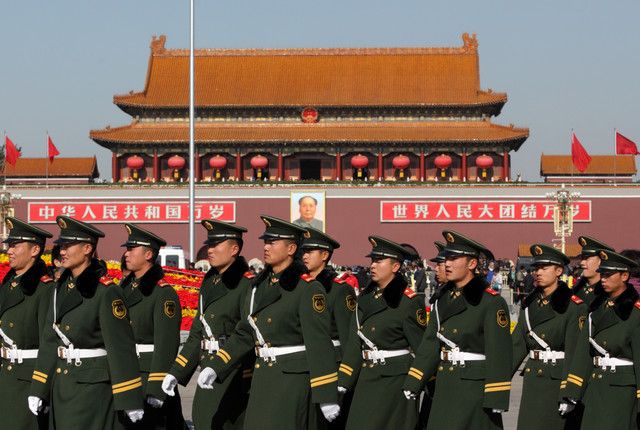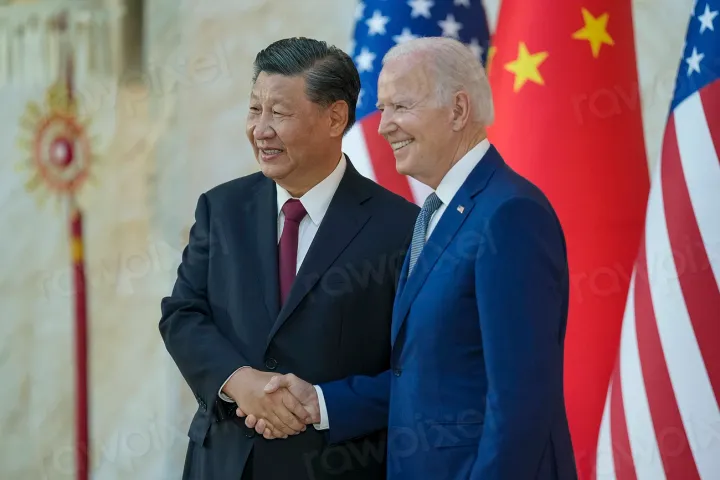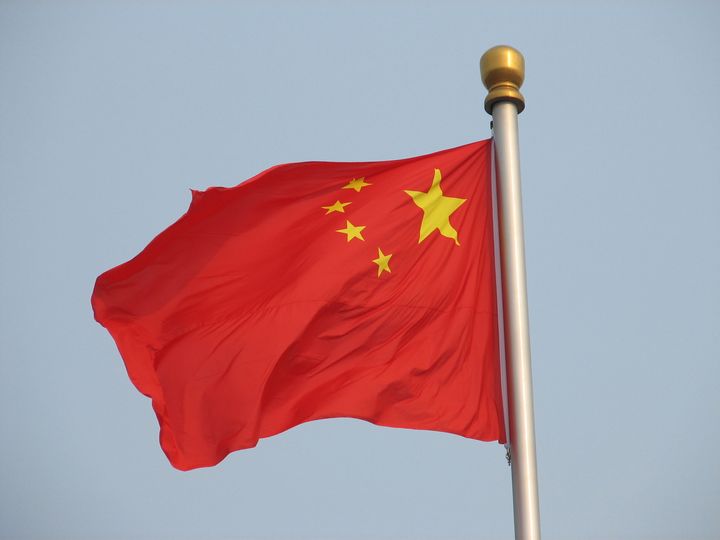China Commission: China’s military diplomacy ramps up the importance of U.S. alliances, intelligence

The U.S. should assist its allies to mitigate Chinese intelligence and lobby foreign governments and militaries “against participating in threatening Sino-Russian drills,” witnesses told a US-China Economic and Security Review Commission.
The expansion of the People’s Liberation Army’s (PLA) presence and operations overseas increases the opportunities for intelligence collection, especially in areas where the PLA and US forces operate closely or where Chinese forces can observe U.S., partner, and ally activities, according to witness testimonies on the hearing of an independent agency established more than 20 years ago to advise Congress.
The hearing examined a range of foreign engagements by China’s military and internal security forces, elements of China’s military-industrial complex, and the implications of these activities for the U.S. and its allies.
Chairman Carolyn Bartholomew said President Xi Jinping has a goal to turn the PLA into a “world-class” military by 2049 and establish a Sino-centric world order – something she believes the Chinese Communist Party (CCP) has been trying to achieve under Jinping’s leadership.
“In this new world order, other countries would acquiesce to China’s priorities and preferences, an arrangement General Secretary Xi refers to euphemistically as a “community of common human destiny,” she explained.
Kristen Gunness, Senior Policy Researcher at RAND Corporation, said that recently China decided to use military diplomacy to support CCP’s strategic goals. With that decision came an increase in the range of activities that the PLA conducts overseas.
Currently, these activities include military exercises, naval port calls, arms sales, education programs, global conferences, and senior-level visits. The latter represents the majority of PLA's military diplomatic engagements since 2002, according to an analysis by Philip Saunders, Director of the Center for the Study of Chinese Military Affairs at the National Defense University Institute for National Strategic Studies.
To protect and advance its strategic interests, China is centered on interactions with the U.S., Russia, countries in Indo-Pacific, and developing nations in the Middle East, Africa, and Latin America. But witnesses said U.S. allies in these regions are more careful in engaging in combat or combat-support-related activities with the PLA.
They noted that China's military diplomacy, although growing quickly, is still more focused on symbolism than substantive defense relationships. Limited joint exercises and lack of true integration with foreign military forces or intelligence sharing that Beijing has pursued serve as clear evidence. There are only two exceptions, Russia and Pakistan.
“Thirty-four percent of the PLA’s total combat and combat-support exercises have been with the Russian military, more than any other partner. Between 2005 and 2021, the data shows that Russia and China have engaged in 18 combat exercises, and Pakistan and China have engaged in 9 combat exercises and 2 combat-support exercises,” said Melodie Ha, Management Analyst at U.S. Department of Defense.
China continues to maintain “robust defense ties with Russia” to learn from its past combat experience and “to pursue joint development of advanced military technology such as heavy lift helicopters.”
Experts say the Russia-China defense partnership has gone beyond exercises. China has bought more weapons from Russia than from all other countries combined, acquiring sophisticated technologies that it could not manufacture domestically, according to Richard Weitz, Senior Fellow and Director of the Center for Political-Military Analysis at Hudson Institute.
However, increased military cooperation between Russia and China doesn’t mean that there two world powers are allies, but rather indicates they “have a common adversary in the U.S.” and act out of common geopolitical interest.
“By exercising as partners, China and Russia show the West that they are not as militarily isolated as Western countries desire,” said Weitz.
Witnesses think as PLA expands its presence and operations overseas, it presents more chances for intelligence gathering, particularly in regions where the PLA and U.S. forces are in close proximity or where Chinese forces have the ability to monitor the activities of the US, its partners, and allies.
China’s military diplomacy might be leveraged to set up additional overseas bases, potentially granting the PLA a launching pad to extend its operational capabilities in areas such as the Middle East, South Asia, and the Indian Ocean.
China's efforts could also enhance its ability to form partnerships with countries that have more military capability and could potentially challenge US interests, Gunness said.
This can be achieved through arms sales, technology transfer, and military training programs. An example of this is China's provision of arms sales and military training to Pakistan, which could contribute to regional instability and conflicts with India. Chinese arms sales to countries in the Middle East, Africa, and Latin America are also on the rise.
All experts that testified in front of the United States-China Economic and Security Review Commission think that the U.S. should not “seek to dissuade allies and partners from engaging with the PLA as a part of their broader China policy,” because “it could cause a political backlash and push our allies and partners into closer alignment with China.”
“I don’t think Washington should get too upset if countries like Australia and Singapore are using symbolic military cooperation with the PLA to offset their much more substantive military cooperation with us. Rather than try to stop it, we should focus on limits on it,” Saunders said. “In that vein, the United States should continue to build partner capacity and stress interoperability with allies and partners. These are areas where the United States has a substantial comparative advantage over the PLA and should be emphasized as Washington considers how best to leverage its own military diplomacy as an asset in strategic competition with China.”
An increase in awareness of Chinese military diplomacy, the elevation of the public profile of the U.S. military, and support for more China-related research are all part of the recommendations to Congress.
Experts said China is likely to continue challenging U.S. interests around the world.



